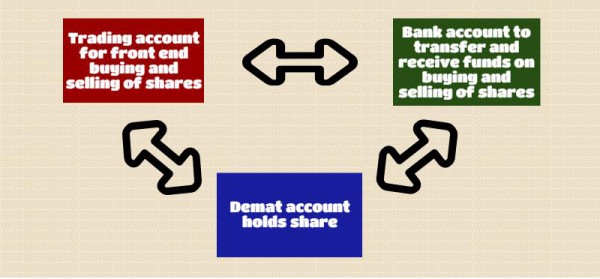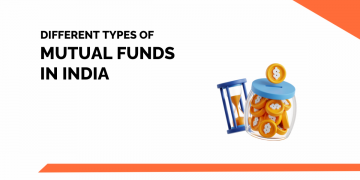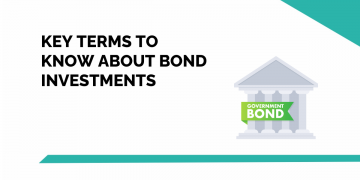There’s an uncle in my neighborhood who is an intraday trader.
We often discuss regarding market ideas and other related stuff on a weekly basis.
While we were discussing the market scenario and volatility in the global market this week, his son (a newbie to the sharemarket) asked us that where should he open his demat account?
On clarifying his doubt, he came up with a next question where he enquired about the distinction between savings, demat and trading account.
The uncle started answering the doubt but in the meanwhile, I was surprised to hear that he himself doesn’t know the difference between demat and trading account. This problem is common to most market participants.
This led me to come up with this write-up. So, today we’ll talk about the distinction between trading, demat and savings account.
These three accounts combined together are widely known as the 3-in-1 account.
Anyone who’s willing to buy or sell shares in the stock market got to have a demat and a trading account.
Let’s understand that how does Demat account differ from the trading account?

Demat and trading account
In demat account, we only keep the shares while in the trading account, you keep the fund needed to buy and sell securities. You should have both the accounts to trade in the share market.
Once you have opened both the accounts, you need to link them with your savings bank account.
Learn how to trade in share market in our NSE Academy Certified Capital Market Professional (E-NCCMP) course.
How the entire process works?
Initially, we’ll have to deposit the money in your savings bank account and then we have to transfer the funds to your trading account.
So, when you buy shares, you use the money in your trading account and on purchase your shares get digitally deposited in your demat account.
Savings account
In simple terms, a savings account is a deposit account in a bank where you receive a nominal interest on your deposited money and it also ensures a minimum safety.
Bottomline:
This brings to an end to this write-up.
I would ask everybody to visit our YouTube channel to improve your understanding of the general finance and the stock market.
Stay happy, stay blessed and keep learning!!









Thanks for sharing this nice insight on banking, demat and trading account!!